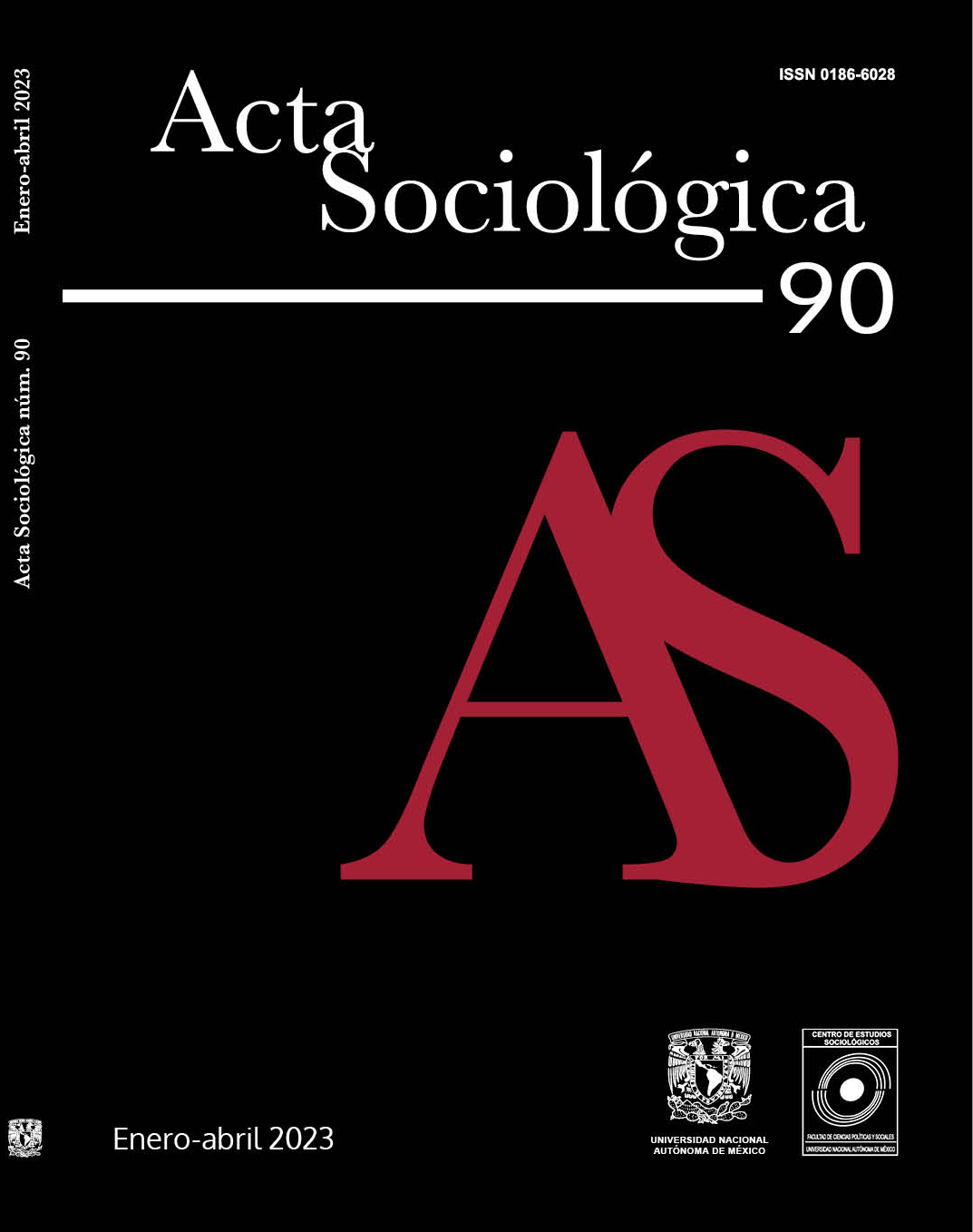The recipients of the Emergency Family Income of La Matanza: notes from and about the first year of the pandemic
Main Article Content
Abstract
The strategies to address the declared health situation (Decree No. 260/2020) due to the COVID-19 pandemic, consisted of different forms of isolation, which implied the interruption of work activities and with it the limitation of the possibilities of reproducing material conditions. In this unique context, in Argentina, through Decree 310/2020, the Emergency Family Income was implemented, a non-contributory monetary benefit, intended to compensate for the loss or serious decrease in income of people affected by the health emergency situation.
Considering the pandemic as a global phenomenon that assumes differential contours in each territory, this paper aims to describe some features –as a result of a non-probabilistic self-administered survey– of the population surveyed from La Matanza (Province of Buenos Aires) that requested the benefit previously referred to in the first year of the pandemic.
The analysis carried out allows us to affirm that the applicant population of the IFE in La Matanza presents similar characteristics in relation to previous approaches of recipients of social policies in the territory: low educational level, as well as being a young population and mostly women. In turn, they work in low-skilled or informal occupations, once again presenting a complex scenario with overlapping precariousness.
